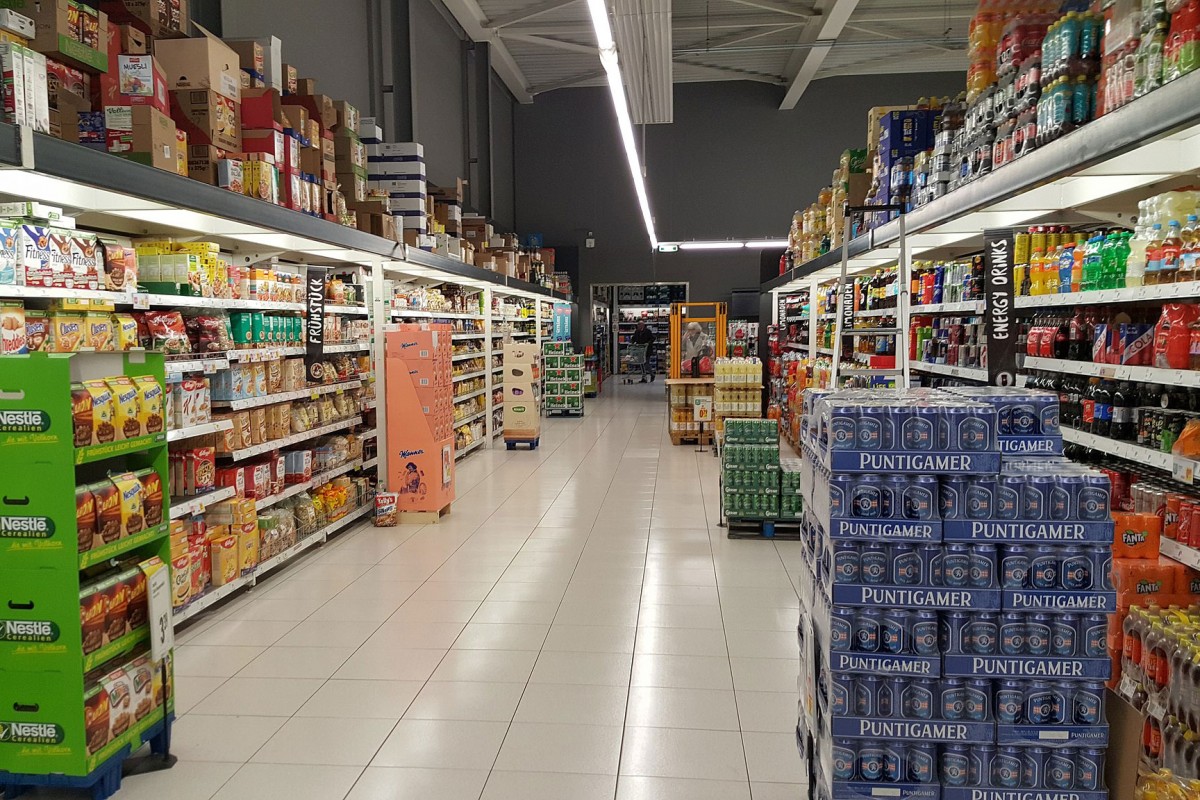Sponsored Content
Austrian National Bank Expects Highest Inflation Rate in 50 Years
In a recent analysis, the Austrian National Bank expects inflation in Austria to settle at 7.6% in 2022. This particularly high value represents the highest inflation since the crude oil crisis in the 1970s. Inflation is also expected to remain above the target of 1.9% in the coming years.
 Inflation is also already clearly noticeable in groceries. / Picture: © Wikimedia Commons / Hyper nova / CC BY-SA (https://creativecommons.org/licenses/by-sa/4.0)
Inflation is also already clearly noticeable in groceries. / Picture: © Wikimedia Commons / Hyper nova / CC BY-SA (https://creativecommons.org/licenses/by-sa/4.0)
According to a recent analysis by the Austrian National Bank (OeNB), the inflation rate for Austria will settle at 7.6% in 2022. With this increase, the projected annual inflation rate will reach its highest level since the crude oil crisis in the 1970s and thus represent a historical value. According to the SNB report, the inflation rate measured by the Harmonised Index of Consumer…
or Log In
Fast News Search





